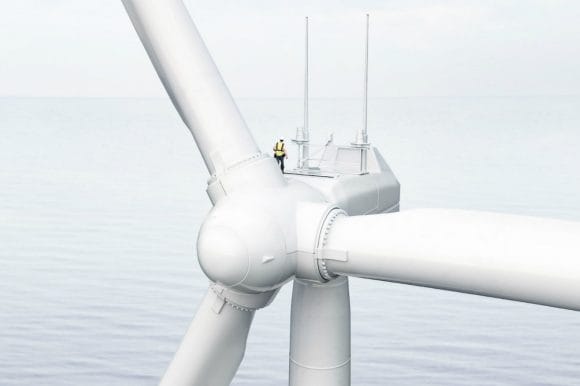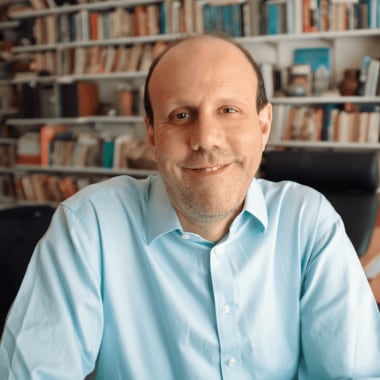Environmental concerns and economic growth: holding governments accountable
The climate movement emerged as a means of keeping governments accountable to their pledges of climate action. Will the environmental concerns of the young be taken seriously and governments disengage from the mantra of economic growth?









